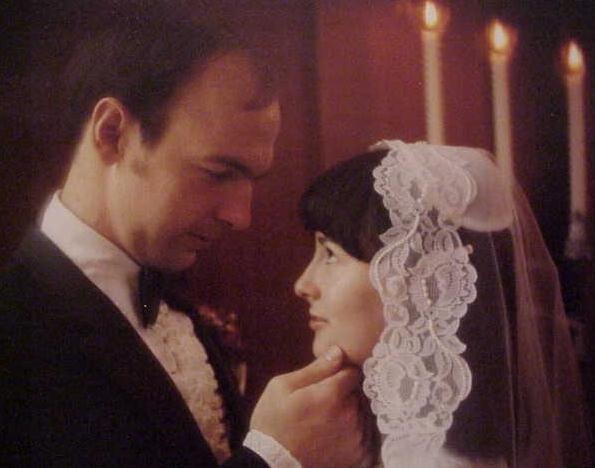Reading Readiness
Raymond and Dorothy Moore have written several books that deal with readiness for school and for learning to read. Better Late than Early and School Can Wait are very reassuring books for the parent who has a "late bloomer" in one area or another.
Another book I'm reading now, Mortimer J. Adler's How to Read a Book (The Classic Guide to Intelligent Reading) includes a brief section on reading readiness. He affirms what the Moores found in their research. "The important thing to remember is that jumping the gun is usually self-defeating. The child who is not yet ready to read is frustrated if attempts are made to teach him, and he may carry over his dislike to the experience into his later school career and even into adult life. Delaying the beginning of reading instruction beyond the reading readiness stage is not nearly so serious, despite the feelings of parents who may fear that their child is backward or is not keeping up with his peers," (Adler, p. 24).
Adler lists several aspects of readiness:
physical--good vision and hearing (The Moore's writings stress this
point strongly--not all children have the necessary vision and hearing
skills at age 5 or 6)
intellectual--visual perception advanced enough to take in and
remember the letters in a word
language--the ability to speak clearly and to use several sentences in
correct order (seems many children develop this long before the other
skills)
"personal readiness"--ability to work with other children (how does
this affect learning to read, I wonder?), to sustain attention (ah-- a
Charlotte Mason habit!), to follow directions (Adler, p. 24).
We used How to Teach Your Child to Read in 100 Easy Lessons for 5 of our 6 kids. Among the reading methods I've seen, it is unique in that it works on skills such as listening and repeating a word the parent speaks s-l-o-w-l-y, rhyming, sounding a word out slowly and then saying it fast, blending sounds, etc. as the child learns the sounds each letter makes. It may be available to preview through your public library.
Another book I'm reading now, Mortimer J. Adler's How to Read a Book (The Classic Guide to Intelligent Reading) includes a brief section on reading readiness. He affirms what the Moores found in their research. "The important thing to remember is that jumping the gun is usually self-defeating. The child who is not yet ready to read is frustrated if attempts are made to teach him, and he may carry over his dislike to the experience into his later school career and even into adult life. Delaying the beginning of reading instruction beyond the reading readiness stage is not nearly so serious, despite the feelings of parents who may fear that their child is backward or is not keeping up with his peers," (Adler, p. 24).
Adler lists several aspects of readiness:
physical--good vision and hearing (The Moore's writings stress this
point strongly--not all children have the necessary vision and hearing
skills at age 5 or 6)
intellectual--visual perception advanced enough to take in and
remember the letters in a word
language--the ability to speak clearly and to use several sentences in
correct order (seems many children develop this long before the other
skills)
"personal readiness"--ability to work with other children (how does
this affect learning to read, I wonder?), to sustain attention (ah-- a
Charlotte Mason habit!), to follow directions (Adler, p. 24).
We used How to Teach Your Child to Read in 100 Easy Lessons for 5 of our 6 kids. Among the reading methods I've seen, it is unique in that it works on skills such as listening and repeating a word the parent speaks s-l-o-w-l-y, rhyming, sounding a word out slowly and then saying it fast, blending sounds, etc. as the child learns the sounds each letter makes. It may be available to preview through your public library.


1 Comments:
At 9:50 PM, Henry Cate said…
Henry Cate said…
Our first two daughters were e late readers. The first didn't really start reading until she was eight. She went from second grade level to twelve in one year. Our second didn't catch on until about nine, and she is busy doing the same thing.
For some reason our third daughter seems to take after my wife, and has been doing fairly well at five.
Do you have any suggestions for short, good, non-fiction books for an eleven year old? I've had my daughter read the first part of Adler's book, and now I want her to put into practice what she has read. I'm looking for something around 100 pages which teaches interesting and useful things.
Post a Comment
<< Home